Iran calls on Security Council to support constructive Syria, OPCW interactions
Iran's ambassador and permanent representative to the United Nations, Amir Saeed Iravani, has called upon the UN Security Council to throw its influence behind the constructive interactions between the Syrian government and the Organization for the Prohibition of Chemical Weapons (OPCW).
During Thursday’s Security Council meeting on chemical weapons in Syria, Iravani pointed to Syria's efforts to implement its obligations under the Chemical Weapons Convention (CWC), stressing that adoption of a politicized approach and double standards vis-à-vis the Syrian chemical file will only diverge technical-oriented discussions and can undermine the credibility and authority of the UN Security Council.
The senior Iranian diplomat went on to highlight that the Islamic Republic, as the primary victim of the most systematic use of chemical weapons in modern history, has always condemned in the strongest terms the use of chemical weapons by any party, anywhere and under any circumstances.
“Our country is also of the international belief that the use of such inhumane weapons is a serious threat to international peace and security and should not be tolerated,” Iravani pointed out.
He added, “The only way to ensure that chemical weapons will never be used again is to eliminate all of them globally, and to take all necessary measures to prevent the production of such weapons of mass destruction.”
Iran's ambassador to the United Nations noted that his country has frequently underlined the need for full, effective and non-discriminatory implementation of the CWC.
“We believe that any attempt to politicize the implementation of the Chemical Weapons Convention and exploit the Organization for the Prohibition of Chemical Weapons (OPCW) for political purposes will place the legitimacy of the convention and the organization at stake,” Iravani noted.
The top Iranian diplomat went on to draw attention to Syria's efforts to honor its obligations under the CWC, saying, “We encourage the continuation of communications and interactions between the OPCW and the Syrian Arab Republic, and appreciate the Syrian government to have submitted the 166th monthly report to the OPCW director general [Fernando Arias]. In the report, Syria has elaborated on the details of its actions to eliminate chemical weapons and its production facilities.”
Iravani expressed hope that the upcoming meeting between Syrian Foreign Minister Faisal Mekdad and Arias would help resolve the lingering issues between the two sides.
The Western media and governments have repeatedly accused the Syrian government of using chemical weapons against its own citizens in the war against terrorists.
This is while Syria surrendered its stockpile of chemical weapons in 2014 to a joint mission led by the United States and the Organization for the Prohibition of Chemical Weapons (OPCW), which oversaw the destruction of the weaponry. It has also consistently denied using chemical weapons.
On April 14, 2018, the US, Britain, and France carried out a string of airstrikes against Syria over a suspected chemical weapons attack on the city of Douma.
That alleged attack was reported by the so-called civil defense group White Helmets, which published videos showing them purportedly treating survivors.
The White Helmets group, which claims to be a humanitarian NGO, is known for its coordination with terror outfits in Syria to carry out staged chemical attacks in order to incriminate Syrian government forces and fabricate pretexts for military strikes by a US-led military coalition present in Syria since 2014.
Washington and its allies blamed Damascus for the Douma attack, an allegation strongly rejected by the Syrian government.
Yemeni FM: Israel’s sponsors accountable for ongoing aggression on Sana’a
Eight Palestinians killed as Israel attacks Gaza school, hospitals
VIDEO | Rome, Milan host new protests in solidarity with Palestinians
Dec. 21: ‘Axis of Resistance’ operations against Israeli occupation
Spain jurists demand ties with Israel ties be cut
VIDEO | Press TV's news headlines
VIDEO | Iran honors top Science Olympiad medalists
VIDEO | Austrians arrested at Gaza protest in Vienna


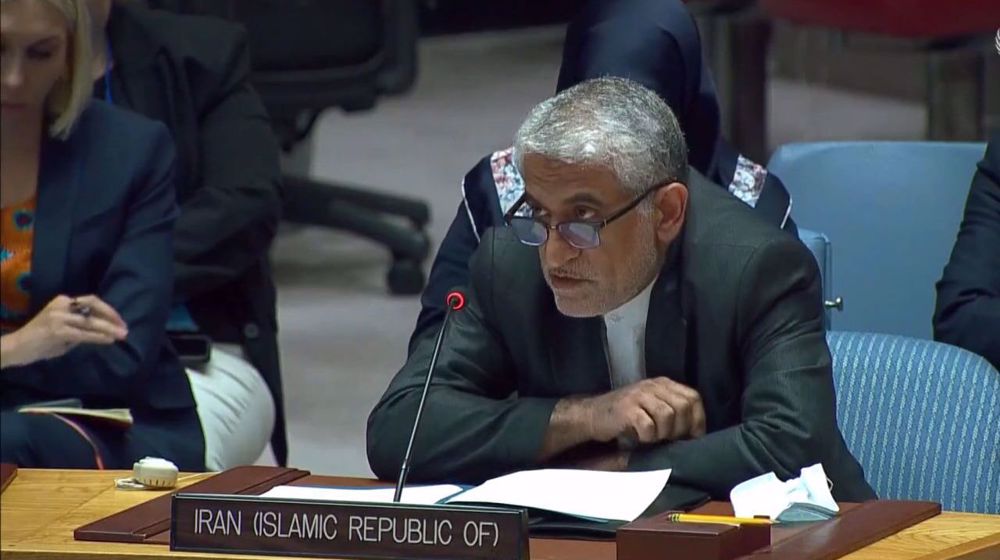
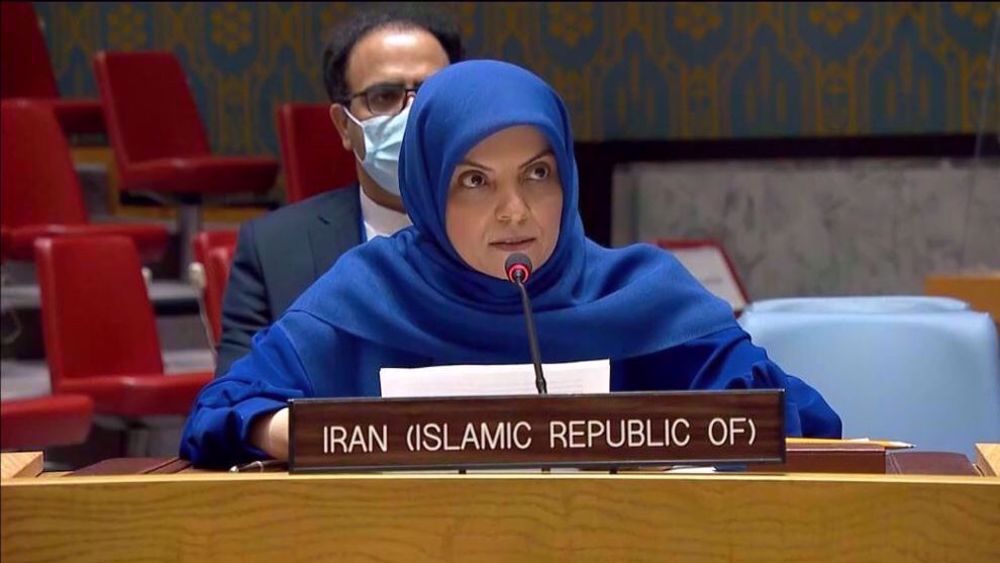
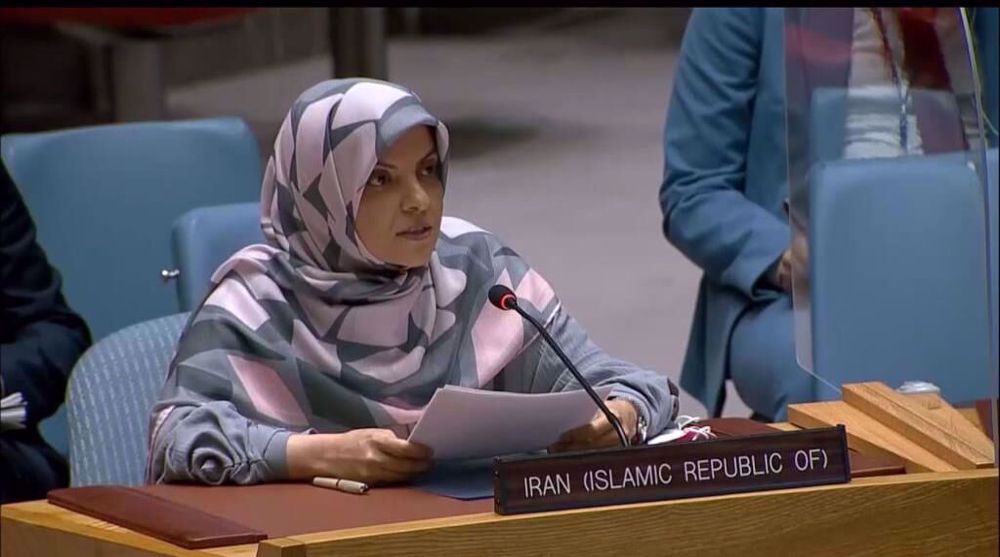
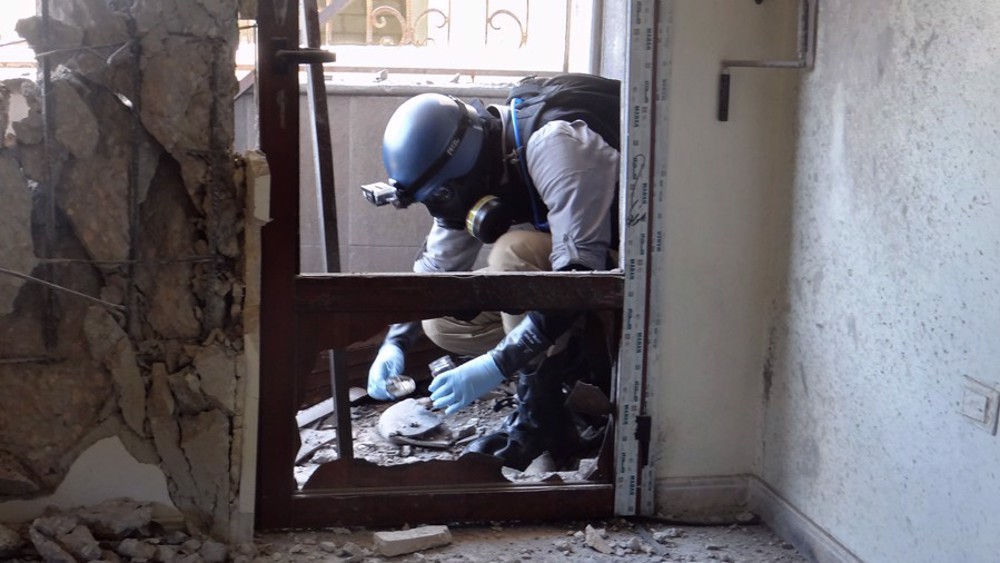


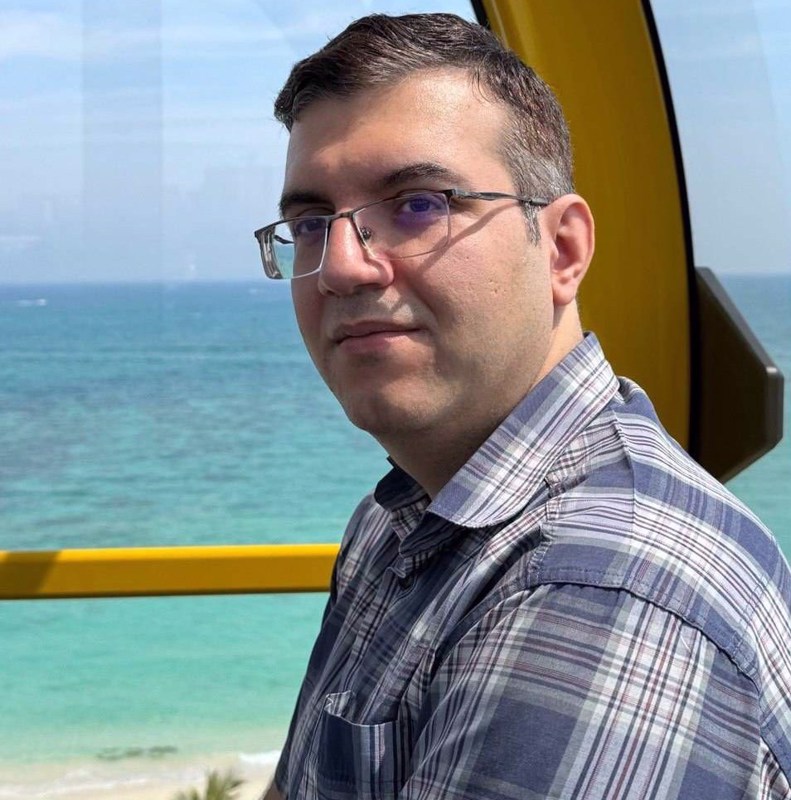



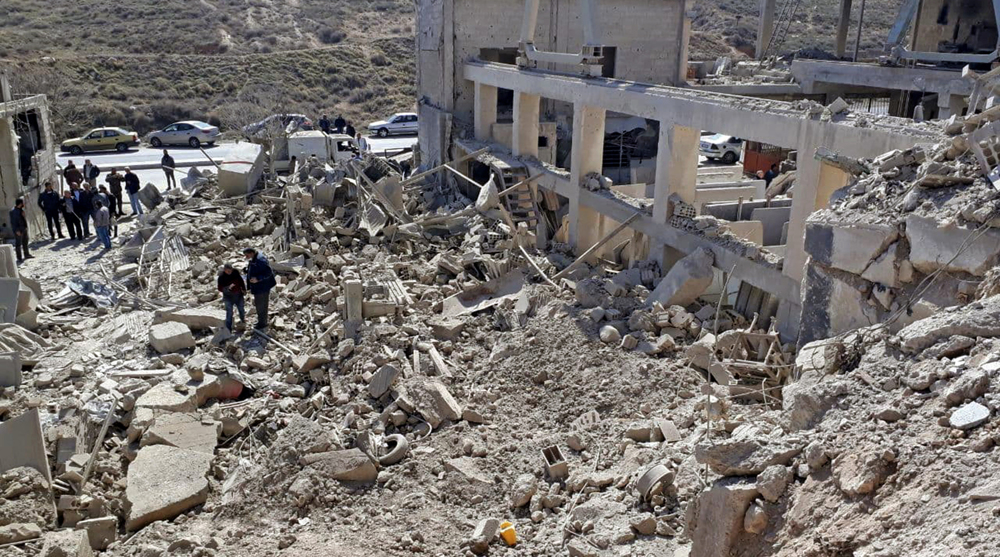
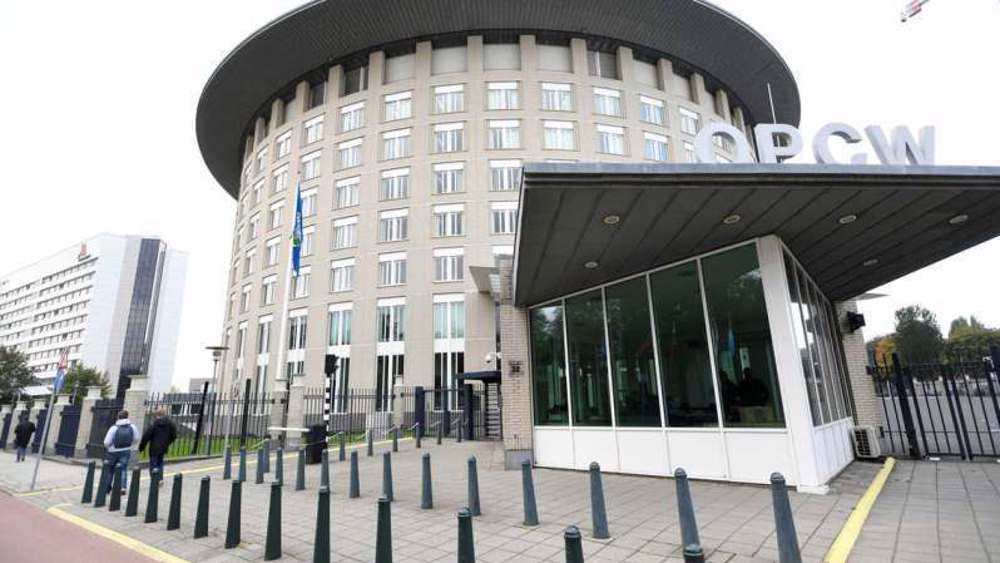
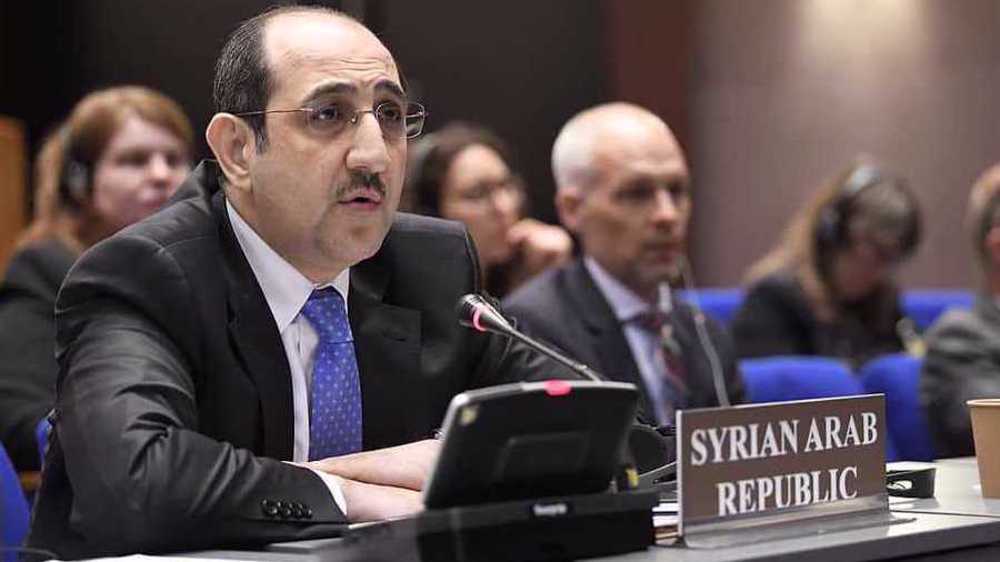
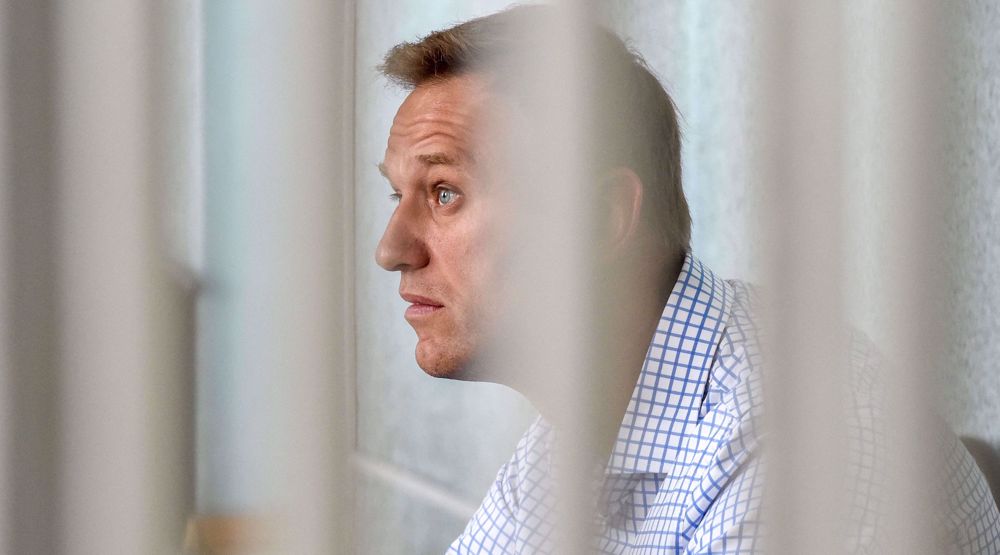
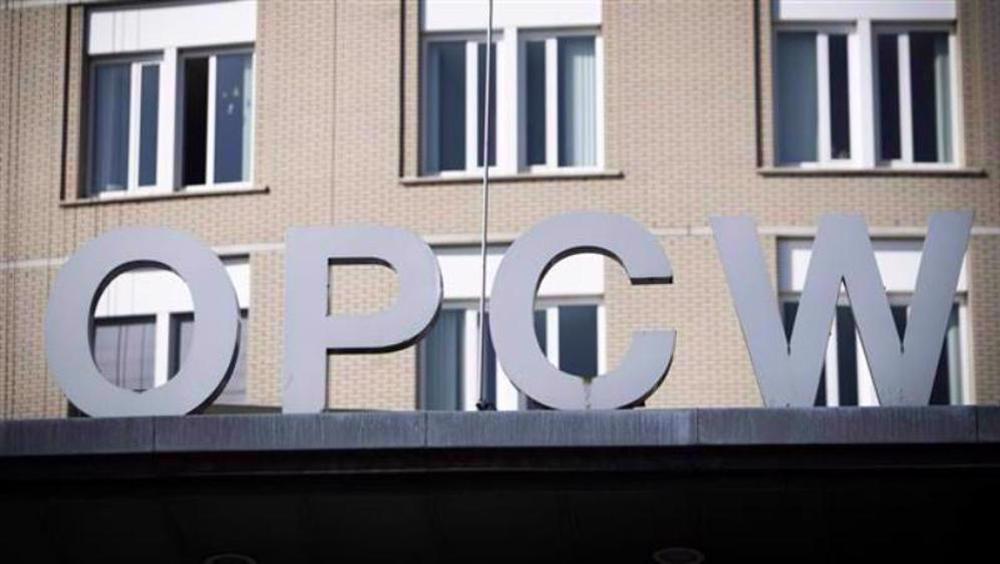
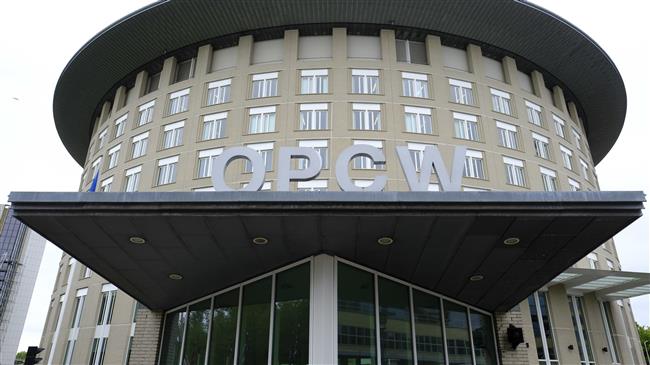
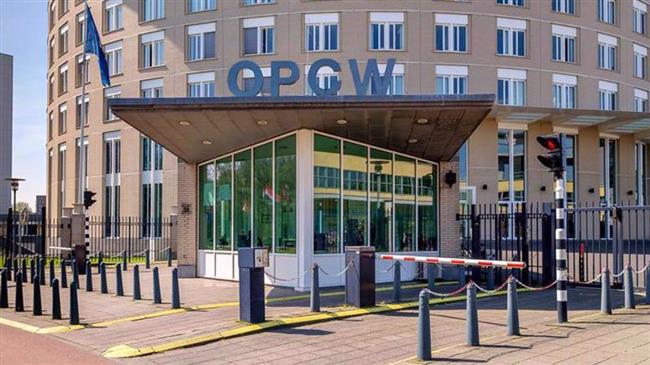
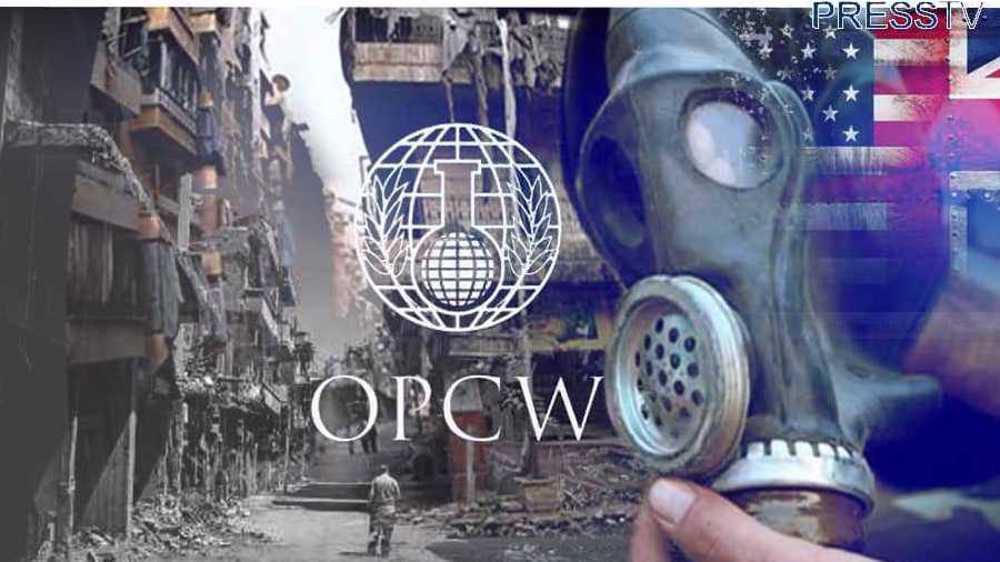
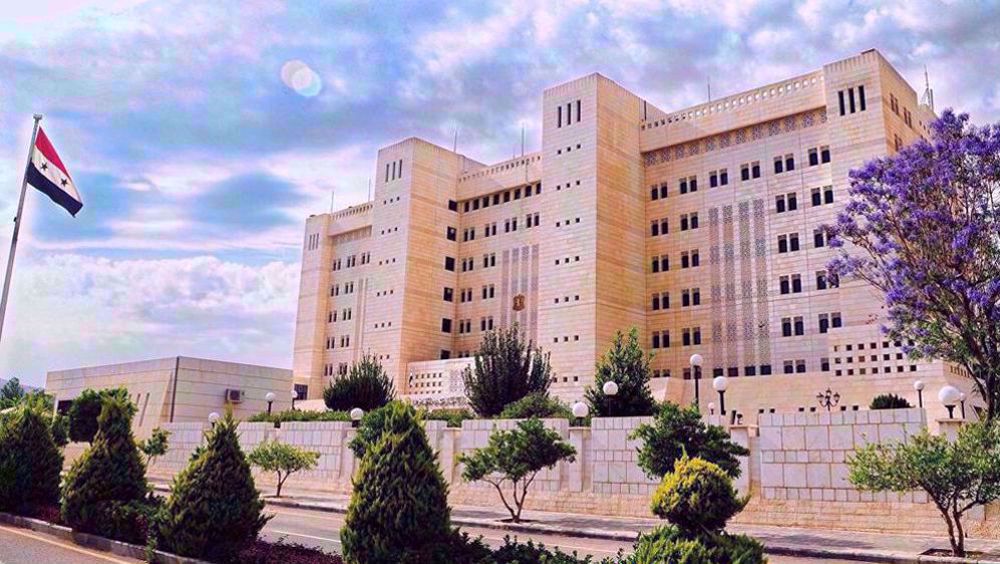
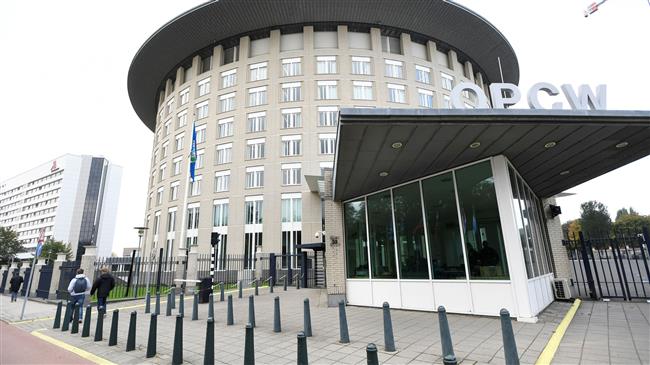

 This makes it easy to access the Press TV website
This makes it easy to access the Press TV website